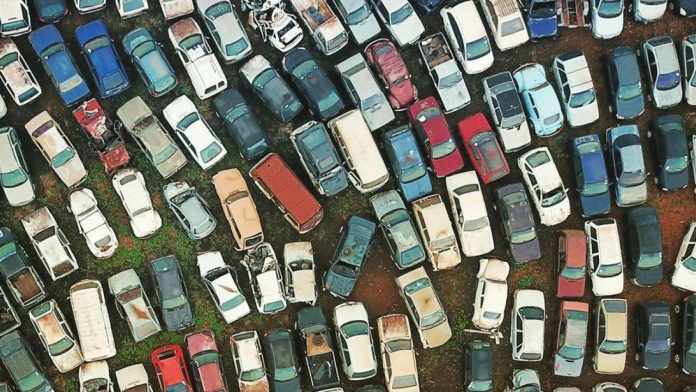Automobile vehicle manufacturers, auto part dealers, service stations and other players in the industry will not be eligible to establish automated testing stations (ATS) under the new scrapping policy, according to the final rules in this regard that came into effect on Saturday.
However, they can form ATS shops by forming joint ventures, subsidiaries or even special purpose vehicles. However, this part restriction has been issued in order to prevent any conflict of interest.
Meanwhile, establishing scrapping centres will be open for all stakeholders including the assorted entities in the automobile sector.
About 400-500 automated testing units along with 60-70 scrapping centres will be set up in the country with an investment of Rs 10000 crore according to an estimate by the government.
Several companies such as Tata Motors have already signed agreements with state governments like that of Assam and Gujarat to set up related businesses over there.
“An ATS is like a doctor who will prescribe whether a vehicle is fit for the road or not after testing. There could be an element of conflict of interest if a vehicle manufacturer or such other persons are involved in testing,” Amit Vardan, joint secretary in the Ministry of Road Transport and Highways, was quoted by the Financial Express.
He added, “But, when an ATS renders one vehicle unfit, the role of the scrapping centre is limited to scrapping the vehicle and hence, no regulation of ownership is called for there.”
As per the newly-launched policy, scrapping of old vehicles will be accompanied with incentives such as 5 per cent discount on purchase of new vehicles, scrap value at 4-6 per cent of ex-showroom price of new vehicle, road tax rebate amounting to 25 per cent and 15 per cent for personal and commercial vehicles respectively.
Moreover, the registration fee for new vehicle bought on scrapped vehicles will also be waived according to this new scheme.


